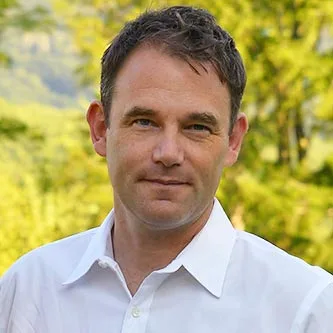Background
I came to anthropology with a background in international development, after years working at non governmental organizations, as a community organizer and as a program officer in a private philanthropy. I entered graduate school seeking to understand why development projects so often fail to improve the lives of those whom they seek to help. Questions of equity and inequality are central to this problem, and my work today continues to investigate these issues within processes of social and environmental change.
Education
- PhD, Anthropology and Environmental Studies (joint degree), Yale University, 2011
- MESc, Yale School of Forestry and Environmental Studies, 2001
- BA, English Language and Literature, University of Virginia, 1990
Courses
- ANTH 152: Culture and Humanity
- ANTH 415: Ecological Anthropology
- ANTH 440: The Agriculture of Identity: Food and Farming in Anthropological Perspective
- ANTH 482: Anthropology and the Environment: Culture, Power, and Politics
- ANTH 490: History of Anthropology
- ANTH 611: Contemporary Anthropological Theory
- ANTH 711: Seminar in Research Design and Proposal Writing
Specializations
Environmental Anthropology, Southeast Asia
College Award
Research
My research looks at the relationship between social and environmental change in the highlands of mainland Southeast Asia. This work is based on several years of fieldwork in Cambodia’s northeast highlands, along the border with Vietnam, as well as on archival research conducted at Cambodia’s National Archives and at the Archives Nationales d’Outre-Mer, the French colonial archive in Aix-en-Provence. I previously worked in South America. My work there includes over three years working with foragers in eastern Paraguay, conducting research on hunting and natural resource use. Other work in South America includes field research on land reform and identity politics in Bolivia, and work in community development and as an advocate for indigenous peoples’ rights.
